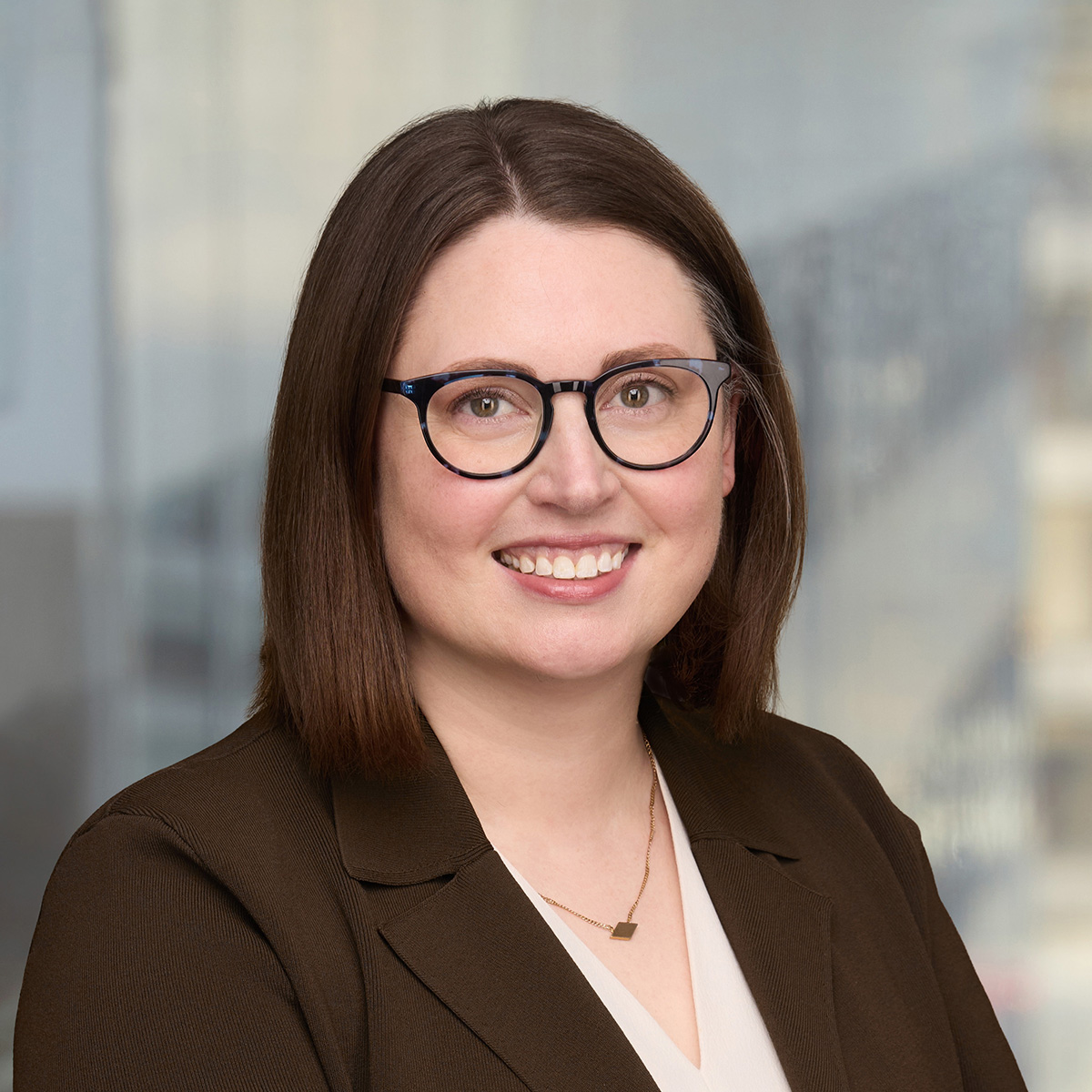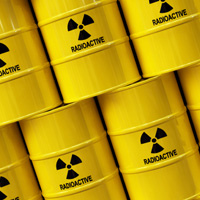Maria Speiser, Communications Officer, discusses how training nuclear experts in communications skills can support their careers and foster diverse leadership in the field.
Recently, we supported ten nuclear experts as they gathered for two days in Washington, D.C. This convening was different than most: Rather than a room with lots of men, this conversation centered women. And rather than talking about international policy, the group spent its time building communications and media skills that will expand their collective leadership in the field of nuclear policy.
Each year, as we refresh the communications plan for our Nuclear Challenges program, we think about how to best support grantees’ ability to communicate their policy analyses to influential audiences. This media training—and a similar one hosted this summer for early-career women in nuclear policy—was particularly exciting because it brought together two important commitments.
First, it was a concrete way we could help new experts in the field to amplify their work. Many nuclear experts who came of age in the Cold War are now retiring, but there is a promising group of emerging professionals who are already contributing their expertise in a practical and impactful way and who will shape nuclear policy worldwide for decades to come. Nuclear policy is not an easy topic to communicate to the public. It is technical in nature and ties together several different fields, from the physical sciences to public policy. It is incredibly important that today’s leaders find their voices and humanize this issue.
The second reason we pursued this media training is because we are committed—both within our Nuclear Challenges program and Foundation-wide—to helping elevate a more diverse set of voices. This is especially important in fields where people of color, women, and other historically marginalized communities have not been welcomed in the past.
Deep gender disparities persist in the nuclear field, with men continuing to hold many leadership positions. And, according to ReThink Media, only about a fourth of sources quoted by major United States media outlets in 2018 identify as women. We must create opportunities—like this training—to ensure that the next generation of leaders and spokespeople better represents a variety of backgrounds and perspectives. Without this, the field will fail to produce the kind of innovative solutions the world needs, as research shows that diverse groups create better outcomes.
We partnered with ReThink Media for this media training. ReThink’s staff ensured that the training was tailored to the women in the room, including infusing presentations with real-world examples from the participants’ careers. The trainers facilitated a session that was grounded in topics the women wanted and needed to discuss in order to increase their profile in the field through media appearances. The common ground between participants allowed for open, honest conversation in a supportive environment.
Over the two days, the women dug into media relations skills, from basic to advanced. They learned the mechanics of increasing their online profile, how to build relationships with journalists, and how to pitch stories. They gained confidence in distilling complex policies into quotable soundbites. And, at the end of the training, the women each sat under the bright kleig lights for on-camera practice interviews.
MacArthur is proud to support these women in a small way as they continue to expand their roles as experts in the nuclear field.




